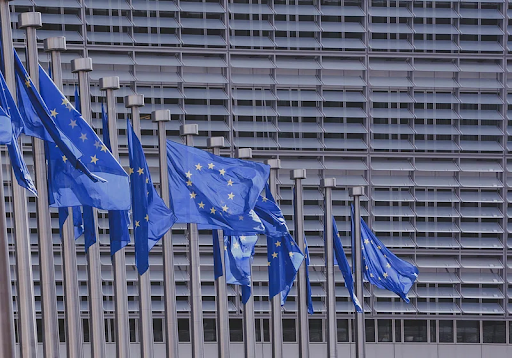The language used by European Union officials to describe their proposal on Israel is deliberately cautious and technical. Terms like “partial suspension” and “carefully considered response” are not accidental; they are part of a carefully crafted strategy to make the sanctions more defensible and politically palatable.
By describing the measure as a “partial suspension,” the EU is trying to preempt accusations that it is imposing a full-scale embargo or seeking to destroy the Israeli economy. It frames the action as a limited, reversible, and proportionate response to a specific breach of their agreement, rather than an act of open hostility.
The phrase “carefully considered response,” used by trade representative Maroš Šefčovič, is intended to convey that the proposal is not a rash, emotional reaction to the war but a sober-minded decision based on a legal review and a measured assessment of the situation. This language is aimed at the more hesitant EU member states, reassuring them that the Commission has done its homework.
This decoding of the EU’s bureaucratic language reveals a strategy of de-escalation in rhetoric, even as the proposed actions are highly escalatory. The goal is to appear as the reasonable, law-abiding actor in the dispute, in stark contrast to what the EU might portray as the emotional and defiant response from Israel.
This cautious framing has not, however, softened the blow for Israel, which sees any such measure, regardless of the language used, as a fundamental attack. Nonetheless, it is a crucial element of the EU’s internal and external communication strategy as it navigates this diplomatic minefield.

